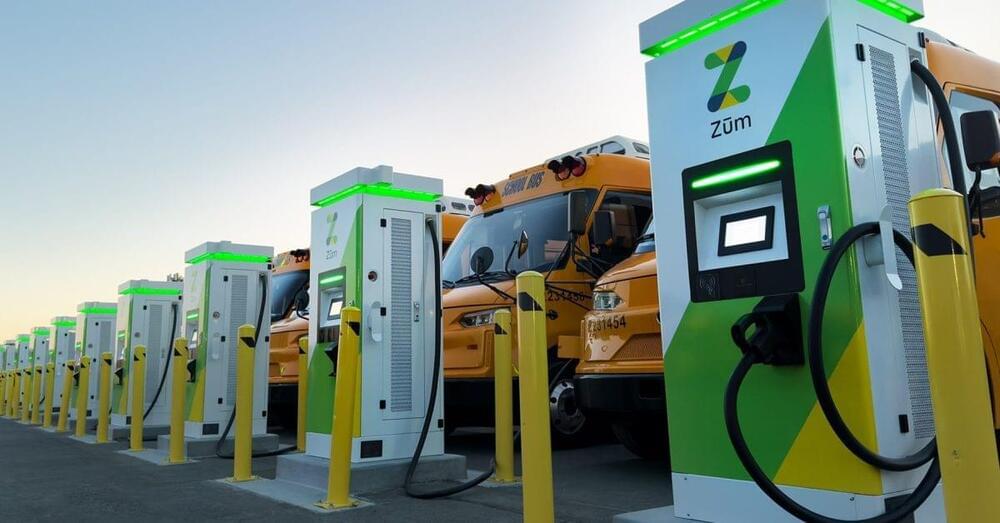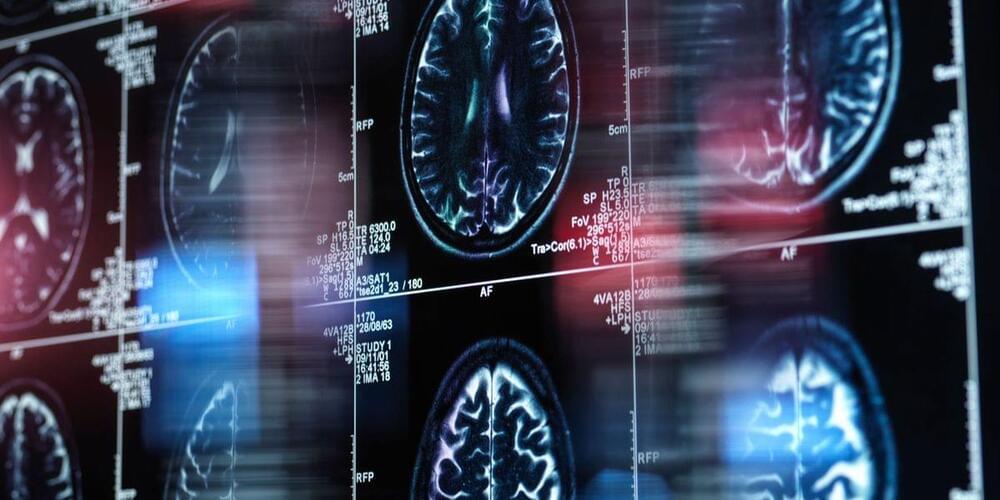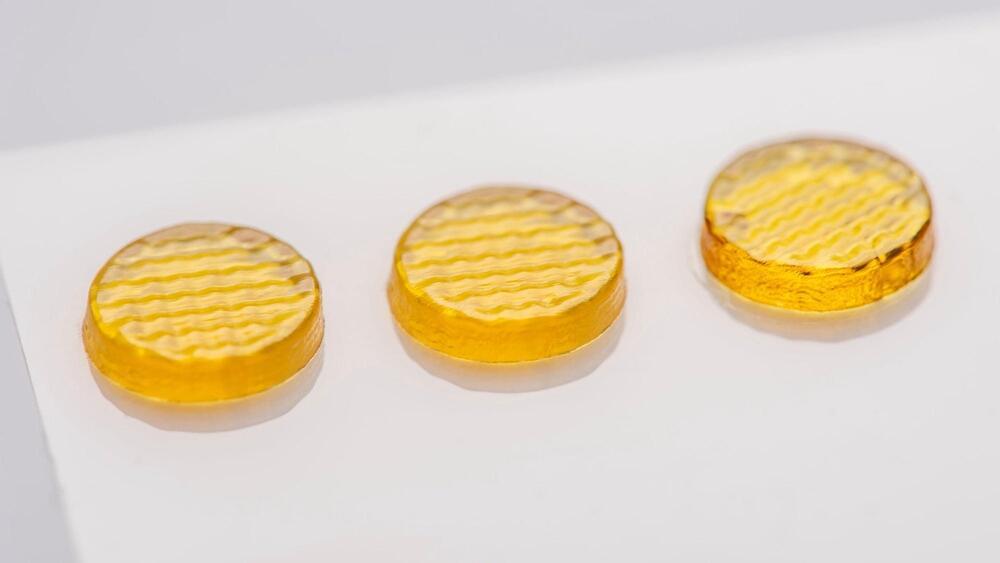The paradigm shift of artificial superintelligence (ASI) is imminent, promising unprecedented possibilities and profound perils for society.
Get the latest international news and world events from around the world.
2035 Vision: Ten Predictions for the Future
Ten predictions for 2035 to reshape society, from AI and AGI to breakthroughs in brain-computer interfaces, living movies, and climate tech.

Sony Music warns global tech and streamers over AI use of its artists
The letter, which is being sent to tech companies around the world this week, marks an escalation of the music group’s attempts to stop the melodies, lyrics and images from copyrighted songs and artists being used by tech companies to produce new versions or to train systems to create their own music.
The letter says that Sony Music and its artists “recognise the significant potential and advancement of artificial intelligence” but adds that “unauthorised use… in the training, development or commercialisation of AI systems deprives [Sony] of control over and appropriate compensation”
It says: “This letter serves to put you on notice directly, and reiterate, that [Sony’s labels] expressly prohibit any use of [their] content.”

Promise of Future Searches for Cosmic Topology
O.o!!! The universe sure interesting because it so complex like a Euclidean hall of mirrors. Much of the universe is still misunderstood because much of what is known is still being understood like the holographic universe which seems to explain most everything but still doesn’t explain what is outside the universe.
Most models for the overall shape and geometry of the Universe—including some exotic ones—are compatible with the latest cosmic observations.

Enabling Quantum Computing with AI
Building a useful quantum computer in practice is incredibly challenging. Significant improvements are needed in the scale, fidelity, speed, reliability, and programmability of quantum computers to fully realize their benefits. Powerful tools are needed to help with the many complex physics and engineering challenges that stand in the way of useful quantum computing.
AI is fundamentally transforming the landscape of technology, reshaping industries, and altering how we interact with the digital world. The ability to take data and generate intelligence paves the way for groundbreaking solutions to some of the most challenging problems facing society today. From personalized medicine to autonomous vehicles, AI is at the forefront of a technological revolution that promises to redefine the future, including many challenging problems standing in the way of useful quantum computing.
Quantum computers will integrate with conventional supercomputers and accelerate key parts of challenging problems relevant to government, academia, and industry. This relationship is described in An Introduction to Quantum Accelerated Supercomputing. The advantages of integrating quantum computers with supercomputers are reciprocal, and this tight integration will also enable AI to help solve the most important challenges standing in the way of useful quantum computing.


Oakland is now first in the US to have a 100% electric school bus fleet — and it’s V2G
An Oakland, California, school district is the first in the US to transition to a 100% electric school bus system with vehicle-to-grid (V2G) technology.
Modern student transportation platform Zum has provided Oakland Unified School District with a fleet of 74 electric school buses and bidirectional chargers. Utility Pacific Gas and Electric (PG&E) supplied 2.7 megawatts (MW) of load to Zum’s Oakland EV-ready facility. The fleet will be managed through Zum’s AI-enabled technology platform.
“Oakland becoming the first in the nation to have a 100% electric school bus fleet is a huge win for the Oakland community and the nation as a whole,” said Kim Raney, executive director of transportation at Oakland Unified School District. “The families of Oakland are disproportionately disadvantaged and affected by high rates of asthma and exposure to air pollution from diesel fuels.”


The New ‘Dream Chaser’ Spacecraft Prepares to Visit the International Space Station
Sierra Space’s Dream Chaser is set to make its inaugural trip to orbit to deliver supplies to the International Space Station.
By Sarah Scoles
With its perpetually upturned pectoral fins, and blunt nose, the Dream Chaser looks more like a killer whale than a spacecraft. But unlike an orca, the Dream Chaser will soon be going to orbit: it’s set to take food and supplies to the International Space Station (ISS) later this year when it travels to space for the first time.
